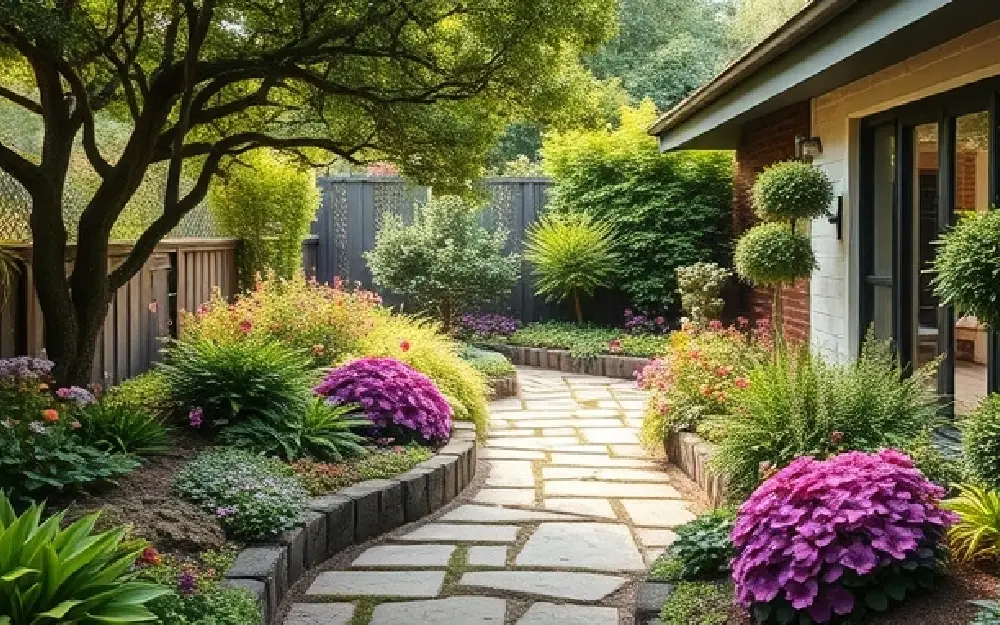
The Importance of Home Gardens and Plants
In our increasingly fast-paced and urbanized world, the humble home garden often gets overlooked. Yet, it holds immense potential not just for beautifying our spaces, but also for enhancing our well-being and promoting environmental sustainability. Let’s explore why home gardens and plants are so important and how they can transform our lives.Mental Well-Being: A Green Sanctuary
Home gardens serve as a sanctuary for the mind. The act of gardening has been shown to reduce stress, anxiety, and depression. Tending to plants offers a unique form of mindfulness, allowing individuals to connect with nature and engage in the present moment. The rhythm of planting, watering, and nurturing can be incredibly meditative.Studies have shown that spending time in green spaces can lower cortisol levels—the body’s primary stress hormone. Whether it’s a small herb garden on your windowsill or a larger backyard oasis, creating a space filled with plants provides an escape from daily stresses and fosters a sense of accomplishment and purpose.
Environmental Benefits: Growing for the Planet
Home gardens play a vital role in promoting environmental sustainability. By growing your own fruits, vegetables, and herbs, you contribute to a reduction in carbon emissions associated with the transportation of store-bought produce. Gardening at home empowers you to know exactly where your food comes from and how it’s grown.Additionally, home gardens can enhance biodiversity. They provide habitats for a variety of pollinators, such as bees and butterflies, which are crucial for maintaining healthy ecosystems. By incorporating native plants into your garden, you can help support local wildlife and promote a balanced ecosystem.
Home gardens also have the potential to combat climate change. Plants absorb carbon dioxide and release oxygen, improving air quality. By cultivating greenery in urban areas, we can create natural barriers against pollution and heat, contributing to healthier communities.
Practical Tips for Starting Your Home Garden
Starting a home garden is more accessible than you might think. Here are some practical tips to help you get started: 1. Assess Your Space: Identify a sunny spot in your yard, balcony, or even windowsill. Most plants thrive with at least 6 hours of sunlight each day.2. Choose the Right Plants: Start with easy-to-grow varieties like herbs (basil, parsley, mint) or vegetables (lettuce, radishes, cherry tomatoes). Consider your local climate and growing season when making your selections.
3. Prepare the Soil: Healthy soil is essential for a thriving garden. Use quality potting soil or amend your garden bed with compost to enhance soil fertility.
4. Water Wisely: Establish a consistent watering routine, taking care not to overwater. Consider using rainwater for irrigation to promote sustainability.
5. Stay Informed: Gardening is a journey of learning. Utilize online resources, local gardening clubs, or workshops to expand your knowledge and skills.
Community Connection: Growing Together
Home gardens also foster community connection. Community gardens bring neighbors together, creating spaces for collaboration and shared learning. They not only beautify neighborhoods but also strengthen social ties and promote food security.Participating in or starting a community garden can be a fulfilling way to connect with others who share your passion for gardening. It’s an opportunity to exchange ideas, share harvests, and build lasting relationships.
